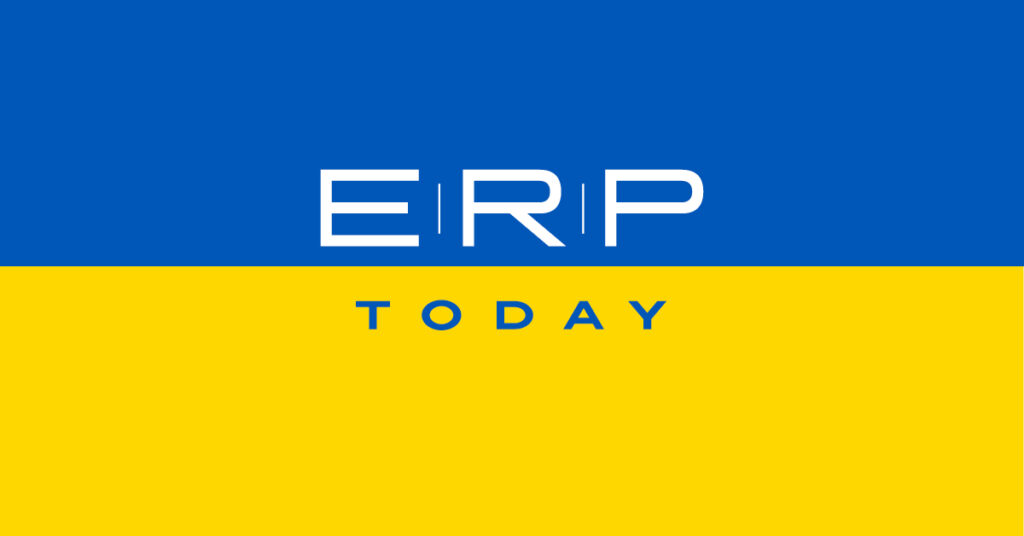The coronavirus pandemic and the resulting global lockdown have caused a sudden and sharp shock to the world economy. The uncertainty has weighed heavily on M&A with deal volumes in Q1 down by over a third compared with the same period last year. The immediate priority for business leaders has been to limit the damage, mitigate risk and ensure survival. However, upheaval on this scale creates significant opportunities for cash-rich businesses and there is good reason to predict that, as normality returns, there will be a significant increase in M&A activity.
The severe economic difficulties that the coronavirus outbreak has inflicted on almost every sector means that there will be a large number of distressed companies looking for buyers. Alongside this, companies will be selling off non-core entities to improve their cash positions and their liquidity. We will also see an increase in mergers as organisations come together to cut costs, increase market share and boost their buying power. EY report that more than half of executives globally are planning an acquisition in the next 12 months.
Private equity is sitting on record levels of unallocated capital
According to new data from Preqin, private equity (PE) houses are sitting on some $1.4trillion of ‘dry powder’ (unallocated but committed investment capital), the largest amount of cash on record, and twice what they had to invest just five years ago. This is supported by comments from KPMG, news from KKR and announcements from Berkshire Hathaway. High company valuations have put many deals on hold. But now the impact of the coronavirus is driving down those valuations and a growing number of companies are finding themselves under pressure to raise capital. As a result, PE and corporate buyers will find more attractive opportunities and deal volumes are expected to increase, particularly when confidence returns to the market.
What has been less reported is what role companies’ enterprise IT and in particular their SAP applications will play during this increase in merger, acquisition and divestment deal-making.
The major growth trends in the SAP market are S/4HANA and the move to cloud. Companies have been preparing for the migration to SAP S/4HANA in order to benefit from the new opportunities for business productivity improvements through high-performance database technology, Artificial Intelligence, the Internet of Things and embedded data analytics.
Companies should be working on the separation of their SAP systems well ahead of a divestment
With the impact that the coronavirus pandemic has already had on top and bottom line performance this year, we can expect to see investment in S/4HANA programmes and other large-scale IT transformation initiatives drift into 2021 to protect short-term profitability. However, we should also expect to see a sizeable uptick in SAP carve-out projects: system splits mandated by a business decision to sell off non-core or underperforming parts of the business are very time sensitive. They cannot be pushed back into future financial periods. The management of a company that’s divesting a part of their business will not even consider delaying a deal while they think about how to disentangle their integrated IT systems. In fact, I would make the case that selling companies should be looking to bring this work forward and make progress on separating their SAP landscape ahead of a planned deal. This does not necessarily mean delivering the entire project. Why not run a short software-led system assessment so that you are well prepared in advance of any deal finalisation?
PE houses tend not to get deeply involved in the IT strategy of their portfolio businesses. However, they should pay close attention to IT due diligence and planning during the deal phase as there are significant risks and costs in getting it wrong. Transition Service Agreements (TSAs) between the parties stipulate conditions that have to be met by both sides and missing the deadline to move off a seller’s IT landscape can incur significant penalties. And with the investment clock ticking, PE in particular will be keen to put their new asset to work as soon as possible rather than get drawn into long and expensive IT implementation programmes. Therefore buyers, whether corporate or PE, should require as part of the acquisition terms that sellers deliver the relevant system separations in advance or as part of the deal.
An already separated, hosted and supported SAP landscape would add significant value to any potential divestment
Selling companies and their IT departments can prepare the ground for divestments by scoping, planning and perhaps even executing the required IT system splits ahead of time, particularly for core, complex applications like SAP. Getting ahead of the game here will speed up the entire transaction, benefiting both sides, and can add value to the divestment by eliminating the buyer’s risk of future IT separation. A seller who delivers an IT separation ahead of a deal allows a buyer to avoid the cost and uncertainty of a long TSA and the risk and distraction of a greenfield IT implementation programme.
That’s why we are starting to advise our SAP customers, particularly in the hardest hit industries such as aviation, automotive and manufacturing, to talk confidentially to their businesses to understand the plans for divestment, and to invest in business transformation software to allow them to scope the size and scale of the resulting SAP system separation ahead of any agreed deals. And that’s why we are advising PE customers and other potential corporate buyers to request that the seller provides a completed system separation – hosted on one of the global cloud platforms (AWS, Microsoft Azure or Google Cloud) so that it is independent of the seller’s on-premise landscape – to avoid facing a long, costly IT implementation project following an acquisition.
Business and IT leaders preparing for mergers, acquisitions and divestments – corporate CFOs and CIOs, PE dealmakers and portfolio operations managers – need to recognise that a properly separated and independently hosted enterprise IT landscape is a valuable asset for both sides in a successful M&A deal. As we start to move out of the lockdown and begin the path back to normality, that’s going to be more important than ever.
*Ben McGrail is managing director at Xmateria.




